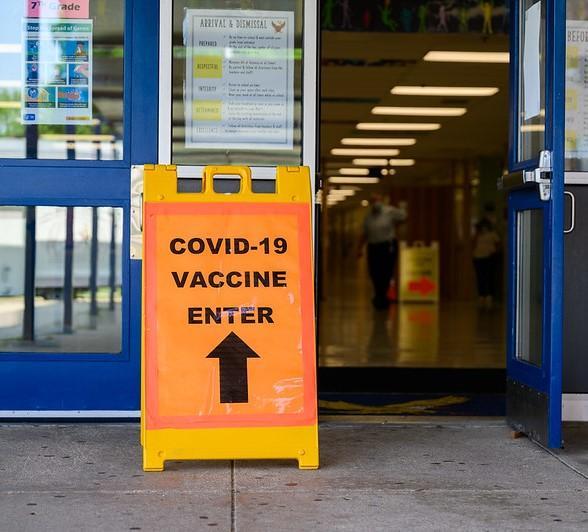A new study in JAMA estimates that the original single-strain Pfizer/BioNTech COVID-19 vaccine conferred 33% protection against COVID-19 emergency department (ED) and urgent care (UC) visits for children younger than 5 years during Omicron variant predominance.
Researchers from Kaiser Permanente and Pfizer conducted a test-negative case-control study among 24,261 patients aged 6 months to 4 years diagnosed as having an acute respiratory infection (ACI) and tested for SARS-CoV-2 at Kaiser Permanente Southern California from July 2022 to May 2023. Of all children, 48% were seen in the ED, 29% visited the UC, and 23% were outpatients.
The researchers noted that although wild-type COVID-19 mRNA vaccines were recommended for children ages 6 months to 4 years in Jun 2022, less than 5% had completed a three-dose primary vaccine series as of May 2023. Only one study has investigated the link between vaccination and infection outcomes in this age-group, but it excluded patients younger than 3 years and didn't investigate medically attended outcomes, they said.
6% of infected patients were vaccinated
A total of 2,337 (10%) of all patients tested positive for COVID-19, and 1,457 (6%) were vaccinated. Of the 2,337 infected patients, 3.3% had received two or three vaccine doses, as had 6.3% of 21,924 COVID-negative control patients. Of vaccinees who received two doses, the median interval since dose 2 was 59 days, while the interval between doses 2 and 3 among the triple-vaccinated was 61 days.
The adjusted odds ratio (OR) for children who received two or three COVID-19 vaccine doses, relative to unvaccinated patients, was 0.70 (95% confidence interval [CI], 0.52 to 0.93) for a COVID-related ED or UC visit, 0.60 (95% CI, 0.39 to 0.92) for an outpatient visit, and 0.67 (95% CI, 0.53 to 0.85) for either outcome.
Updated vaccines will likely be needed to maintain protection against contemporary Omicron strains in young children.
The risk of a positive COVID-19 test at an ED or UC visit was 0.56 (95% CI, 0.40 to 0.77) after two doses and 0.88 (95% CI, 0.62 to 1.25) after three doses.
Newer Omicron strains more immune evasive
"The risk of SARS-CoV-2 encounters appeared lower for those with 2 vs 3 doses of BNT162b2 [Pfizer vaccine], albeit with wide CIs, which is likely due to more immune-evasive Omicron sublineages (eg, BQ.1-related and XBB-related strains) becoming dominant by the time young children received their third dose and longer median time since dose 3 compared with dose 2," the study authors wrote.
The OR of 0.67, which is equivalent to vaccine effectiveness of 33%, is much lower than the roughly 70% efficacy against symptomatic illness seen in a clinical trial when BA.2 sublineages were predominant, they noted. "Updated vaccines will likely be needed to maintain protection against contemporary Omicron strains in young children," they concluded.

















